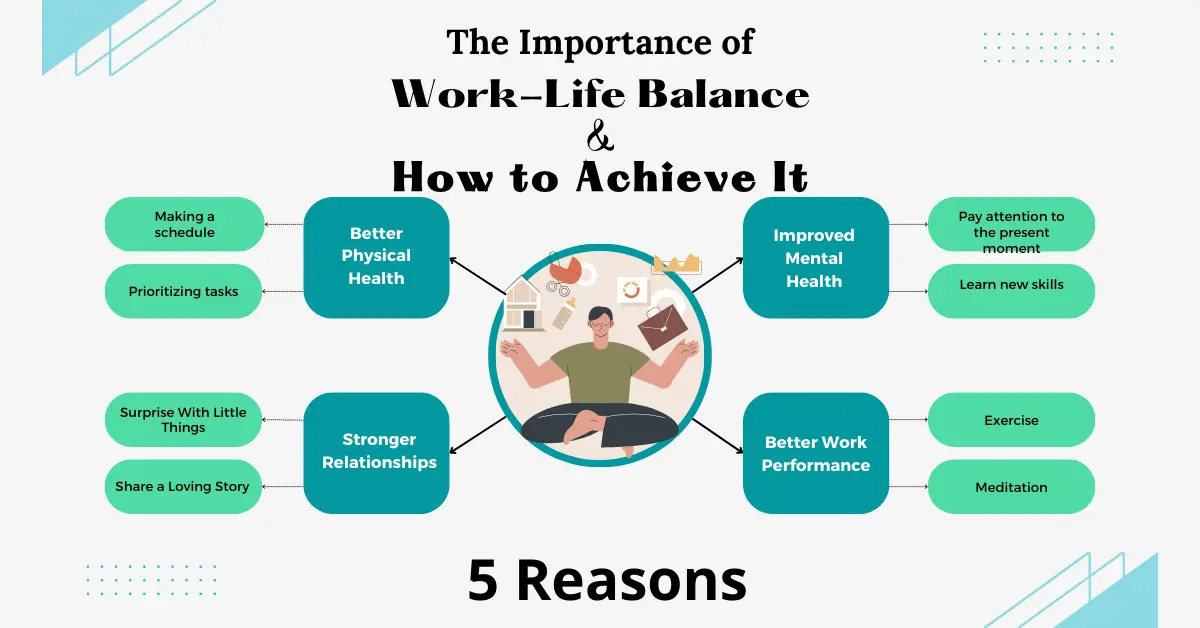
5 Tips: How to Create a Study Schedule You Can Stick To
- 108
- 0
- 0
Creating a study schedule is a simple yet effective way to stay organized and focused on your learning goals. A study schedule helps you manage your time wisely, ensuring that you allocate enough time for each subject or task. It reduces the stress of last-minute cramming and helps you stay consistent with your studies. By sticking to a study schedule, you can improve your productivity, track your progress, and avoid procrastination. It also ensures you maintain a balanced routine, allowing time for rest, exercise, and other activities, which is important for overall well-being and success.
How to Create a Study Schedule You Can Stick To
Are you tired of making study plans that fall apart after a few days? You’re not alone. Many students struggle to keep up with their study schedules. The good news is that creating a schedule you can follow isn’t as hard as you might think. Here are 5 practical tips for how to create a study schedule you can stick to.
Know Your Best Study Time

Everyone has various times when they feel alert and attentive. Some people are morning birds who can study best at 6 AM, while others do their best work late at night. The first step to making a good study schedule is finding out when you’re most productive.
Understanding your best study time is key to being productive. Some people focus better in the morning, while others are more alert in the afternoon or evening. Pay attention to when you feel most awake and concentrated, and plan your study sessions during those hours for better results.
How to find your best study time:
- Try studying at various times of the day for a whole week
- Keep track of when you feel most attentive
- Notice when you get the most work done
- Pay attention to when you feel tired or distracted
Once you know your peak hours, plan your most important or difficult subjects during these times. For example, if you’re sharper in the morning, use these hours for subjects like math or science that need more brain power.
Be Realistic with Your Time

Being realistic with your time is crucial for a successful study schedule. Avoid overstuffing yourself with too many jobs in a short period. Set achievable goals and give yourself enough time for breaks. This way, you’ll stay focused, avoid burnout, and complete your work effectively.
One of the biggest reasons study schedules fail is that people try to do too much too soon. Start small and build up gradually.
Tips for planning realistic study times:
- Start with 30-minute study blocks
- Include short breaks between subjects
- Leave some free time in your schedule for unexpected events
- Don’t plan to study for 5 hours if you’ve never studied for more than 1 hour before
Remember: It’s better to study for 30 minutes every day than to burn yourself out trying to study for 3 hours straight.
Break Down Your Subjects

Breaking down your subjects into smaller topics makes studying more manageable. Instead of tackling everything earlier, concentrate on one section at a time. This helps reduce overwhelm, improves understanding, and allows you to track your progress more easily, making your study sessions more effective.
Looking at all your subjects at once can feel overwhelming. Instead, break them down into shorter, more manageable pieces.
Here’s how to break it down:
- List all your subjects
- Split each subject into topics
- Decide how much time each topic needs
- Spread these topics across your week
For example, instead of “Study Biology” on your schedule, write:
- Monday: Cell Structure (30 minutes)
- Tuesday: Cell Functions (30 minutes)
- Wednesday: Cell Division (30 minutes)
This makes your study goals clearer and easier to achieve.
Use Simple Tools to Stay Organized

Using simple tools like planners, apps, or checklists can help you stay organized and on track. These tools allow you to easily schedule your study sessions, set reminders, and keep track of assignments. Staying organized makes studying less stressful and ensures you meet your goals efficiently.
You don’t need fancy apps or expensive planners to keep track of your study schedule. Simple tools often work best.
Basic tools that work well:
- A regular notebook or calendar
- Your phone’s built-in calendar
- Sticky notes
- A simple to-do list
- A wall calendar where you can see your whole month
Pick one tool and stick with it. Having too many planning tools can get confusing.
Build in Rewards and Breaks

Building in rewards and breaks is essential for staying motivated during study sessions. Take short breaks after studying for a set time, and reward yourself when you reach a goal. This helps keep your energy levels up, reduces stress, and makes studying more enjoyable and effective.
Your brain needs regular breaks to stay fresh and focused. Adding rewards to your study schedule makes it more likely you’ll stick to it.
How to use breaks and rewards effectively:
- Take a 5-10 minute break every 30 minutes
- Plan longer breaks (30 minutes) after 2-3 hours of study
- Give yourself small rewards after finishing your study goals
- Keep breaks short and clear – set a timer if needed
Simple reward ideas:
- Watch one episode of your favorite show
- Play a game for 30 minutes
- Call a friend
- Go for a walk
- Have your favorite snack
Extra Tips for Success
Extra tips for success include staying consistent with your schedule, staying positive, and pursuing help when needed. Prioritize your health with enough sleep, proper nutrition, and exercise. Stay focused, avoid distractions, and review regularly to reinforce your learning, ensuring long-term success in your studies.
Make Your Schedule Flexible
Life doesn’t always go as planned. Maybe you get sick, have a family event, or just feel extra tired one day. That’s okay! Your schedule should be flexible enough to handle changes.
Track What Works
Keep notes about what’s working and what isn’t:
- Which subjects are easier to study in the morning?
- How long can you concentrate before requiring a recess?
- Which study methods help you remember things better?
Use this knowledge to change your schedule as required.
Start Small and Build Up
Don’t try to change everything at once. Start with one or two subjects and add more as you get comfortable with your routine. Success with a small schedule will give you the confidence to do more.
Keep Your Study Space Ready
Having your study space always ready makes it easier to stick to your schedule:
- Keep your books and notes organized
- Have your pens, highlighters, and other tools handy
- Clear away distractions before study time
- Make sure you have good lighting and a comfortable chair
Remember: The perfect study schedule is one that you can follow. Don’t worry about what works for other people – focus on creating a schedule that fits your life, your energy levels, and your goals.
By following these tips and making adjustments as you go, you’ll create a study routine that works for you. The key is to be patient with yourself and keep making small improvements to your schedule until it feels just right.
Conclusion
In conclusion, making a study plan helps you stay organized, attentive, and on track to achieve your goals. By being realistic, breaking down subjects, using simple tools, and including rewards and breaks, you can make studying more effective and less stressful. Stick to your plan, and success will follow.
FAQs
Why is a study schedule important?
A study plan helps you remain organized, handle time effectively, and reduce stress. It ensures you cover all subjects, avoid last-minute cramming, and maintain a balanced routine with enough time for rest.
How do I know the best time to study?
The best study time depends on when you feel most alert and focused. Pay attention to your energy levels throughout the day and schedule study sessions during your peak concentration times.
How can I stay motivated to stick to my schedule?
Staying motivated can be easier when you set small, achievable goals, reward yourself for meeting targets, and avoid overwhelming yourself with too much at once. Regular breaks also help keep your energy up.
What if I can’t follow my study schedule exactly?
It’s okay to adjust your schedule as needed. Life can be unpredictable, so be flexible. The key is to stay consistent overall and get back on track as soon as possible without stressing over small changes.
How do I prioritize my tasks in the study schedule?
Start by identifying which subjects or assignments are most urgent or challenging. Focus on those first, and balance your schedule by leaving enough time for regular reviews and rest. This helps prevent burnout.
Also Read:
Good Habits for Students: A Path to Success
Top 10 Educational Apps for Students
References:
https://en.wikipedia.org/wiki/Wikipedia:Training/For_students/Resources
https://en.wikipedia.org/wiki/Study_skills
https://www.researchgate.net/publication/316286007_Ideal_Timetable_for_a_Student
Disclaimer: The study schedule tips provided in this blog are general suggestions and may not work for everyone. Individual study habits and needs vary. For personalized advice, consider consulting a study coach or educational expert. Results depend on consistency, time management, and individual effort.
Related post

The Future of Education: 5 Trends and Predictions


